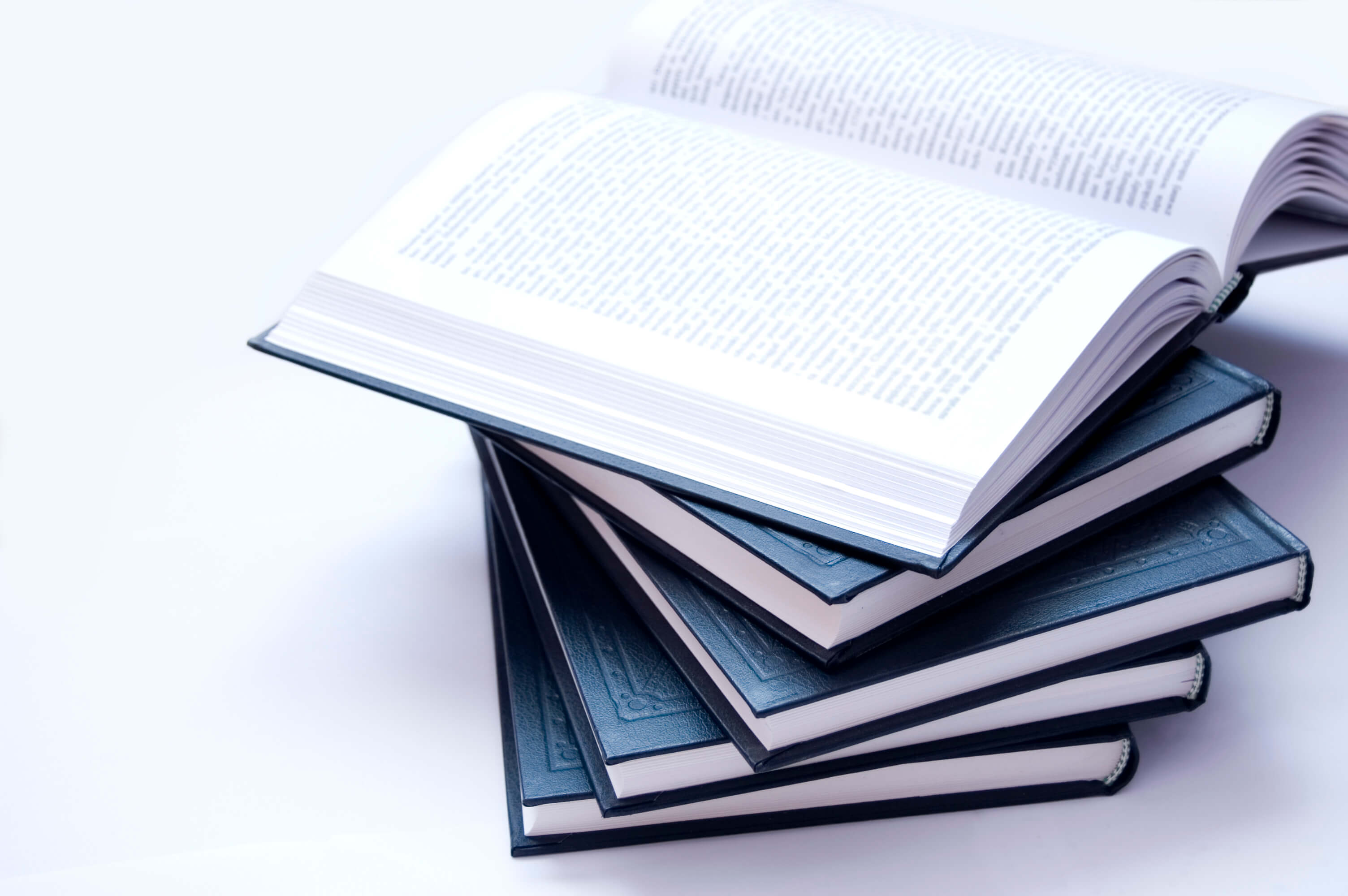-
Adabiyot. Adabiyotshunoslik. Xalq og‘zaki ijodiyoti
-
Adabiyot. Adabiyotshunoslik. Xalq og‘zaki ijodiyoti
-
Adabiyot. Adabiyotshunoslik. Xalq og‘zaki ijodiyoti
-
Adabiyot. Adabiyotshunoslik. Xalq og‘zaki ijodiyoti
-
Adabiyot. Adabiyotshunoslik. Xalq og‘zaki ijodiyoti
-
Adabiyot. Adabiyotshunoslik. Xalq og‘zaki ijodiyoti
-
Adabiyot. Adabiyotshunoslik. Xalq og‘zaki ijodiyoti
-
Adabiyot. Adabiyotshunoslik. Xalq og‘zaki ijodiyoti
-
Adabiyot. Adabiyotshunoslik. Xalq og‘zaki ijodiyoti
-
Adabiyot. Adabiyotshunoslik. Xalq og‘zaki ijodiyoti
-
Adabiyot. Adabiyotshunoslik. Xalq og‘zaki ijodiyoti
-
Adabiyot. Adabiyotshunoslik. Xalq og‘zaki ijodiyoti
-
Adabiyot. Adabiyotshunoslik. Xalq og‘zaki ijodiyoti
-
Adabiyot. Adabiyotshunoslik. Xalq og‘zaki ijodiyoti
-
Adabiyot. Adabiyotshunoslik. Xalq og‘zaki ijodiyoti
-
Adabiyot. Adabiyotshunoslik. Xalq og‘zaki ijodiyoti
-
The Age of the Reformation
Reading ease score: 60.8 (8th & 9th grade). Neither easy nor difficult to read.
-
Return-Loads Bureaus to Save Waste in Transportation
Reading ease score: 54.4 (10th to 12th grade). Somewhat difficult to read.
-
-
Woman Triumphant (La Maja Desnuda)
Reading ease score: 69.4 (8th & 9th grade). Neither easy nor difficult to read.
-
-
-
-
-
A Channel Passage and Other Poems Taken from The Collected Poetical Works of Algernon Charles Swinburne—Vol VI
Reading ease score: 72.2 (7th grade). Fairly easy to read.
-
Soitannollisia satuja ja jutelmia
Reading ease score: 25.5 (College graduate level). Very difficult to read.
-
The Life of the Spider
From the translator's note to the 1912 Hodder and Stoughton edition (missing from Project Gutenberg's version): "The following essays have been selected from the ten volumes composing the Souvenirs entomologiques."
-
On Limitations to the Use of Some Anthropologic Data
Reading ease score: 39.5 (College-level). Difficult to read.
-
With Kitchener in the Soudan: A Story of Atbara and Omdurman
Reading ease score: 77.0 (7th grade). Fairly easy to read.
-
The Poems and Fragments of Catullus Translated in the Metres of the Original
Wikipedia page about this book: https://en.wikipedia.org/wiki/Poetry_of_Catullus
-
Scientific American, Volume 40, No. 13, March 29, 1879 A Weekly Journal of Practical Information, Art, Science, Mechanics, Chemistry, and Manufactures
Reading ease score: 63.6 (8th & 9th grade). Neither easy nor difficult to read.
-
Histoire de Paris depuis le temps des Gaulois jusqu'à nos jours - I
Reading ease score: 59.5 (10th to 12th grade). Somewhat difficult to read.

